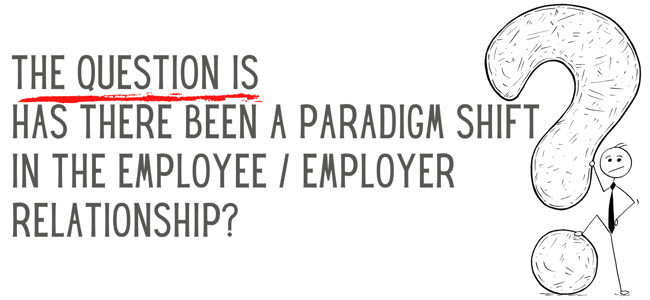or is the lack of planning and employee retention going to see your holiday cancelled?
It’s all over the media this week! Concerns that we should expect “Easter airport queue warning amid staff shortages”, and the reasons behind this problem draw together many of the discussion points in our recent blogs and whitepapers.
Covid has had a huge effect on many industries in the UK, many people were furloughed, laid-off (either short term or longer term) and others have reassessed priorities regarding work and how it impacts on the rest of their life. A survey late last year of 6,000 workers suggested that up to 69% of them were “feeling confident about moving to a new role in the next few months” and a more recent survey of 31,102 employees found that this so called “great resignation” is not over. It showed that still 52% of younger workers and 35% of those over forty were likely to consider changing employers this year. Add this to EU nationals returning home after Brexit and you have the ingredients for the perfect storm for labour shortages!
Furthermore, the BBC article shows us, although it may have been more difficult to predict peaks and troughs in the last couple of years, that not enough consideration may have been taken regarding the fully expected heightened Easter demand. Knowledge of when Easter was happening in 2022 has been able to be calculated since the Synod of Whitby adopted Hilda’s calculation of the date in 664 A.D.! Enough time to plan ahead? So, as discussed in our previous blog, “What is the best shift pattern?” the starting point is with the demand. We fully expect increased activity in airports over Easter, the Summer and Christmas and can plan for a myriad of other known demand fluctuations - some areas having added complications of demand changes flexing with daily flight alterations, even here a high percentage of work attendance is predictable. If you organize attendance for the major known seasonality, the minor alterations are more manageable.
As plans are made for industries reawakening there are recruitment difficulties at the airports, no doubt increased security checks not being a great help.
As there is more and more unmet demand for employee resource and hours, this could have instigated a power shift towards the employee, as increasingly more pay is demanded and better conditions becoming a prerequisite.
And the question is, will the employers have to offer more recompense for flexibility and antisocial working to attract candidates?
Adding to the next complication of a “cost of living” crisis… Is this another push for offering higher wages or alternatively will it force employees to take and retain any job?
So, with labour likely becoming a more expensive attribute, the time has never been more important to get your flexible staffing requirement correct. Relying on voluntary overtime will soon cause issues and possible burnout and must be addressed. Starting with an evidence-based approach and modelling the known requirements for attendance based on past data aligned with future predictions, and any known demand variations (including knowledge of when Easter will happen!). Add to this skill-based attendance baseline further detail of sickness and absence rates and patterns, training requirements, expectations of short-term adjustments etc., and you have your requirement. If it isn’t possible to meet from current ways of working then it may be time to examine alternate flexibilities, failure to do so will lead to further, bigger problems downstream. This doesn’t mean that you should follow the recent ‘fire and rehire’ debacle from P & O Ferries, in fact if this stage has been reach, is it a sign of failure! Honesty is the best policy; it is essential that you take your workforce with you. Any flexibilities in the ways of working are best designed with an employee involvement process to allow the full understanding of what is expected from employees and the organisation, in a fair and equitable manner for both - precisely what is fair and equitable is obviously the $64,000 dollar question.